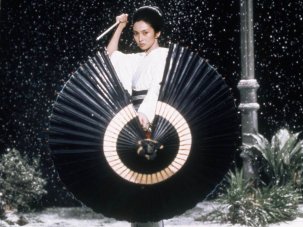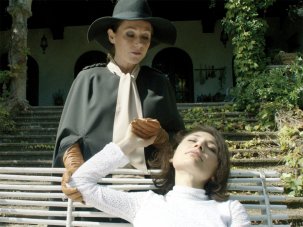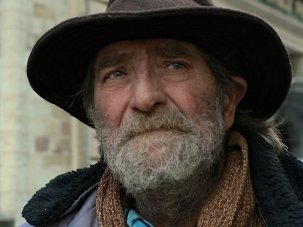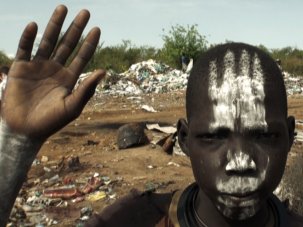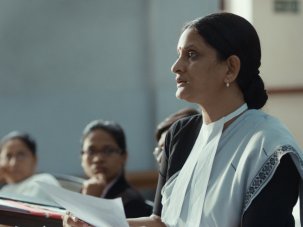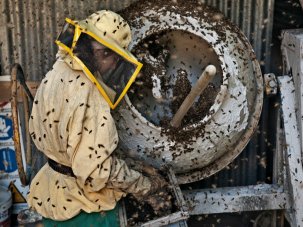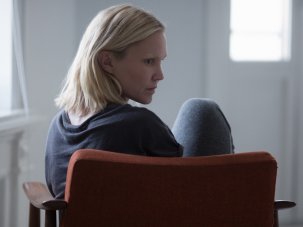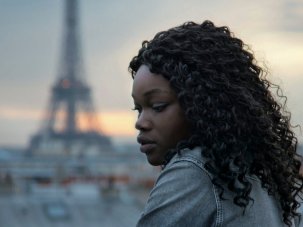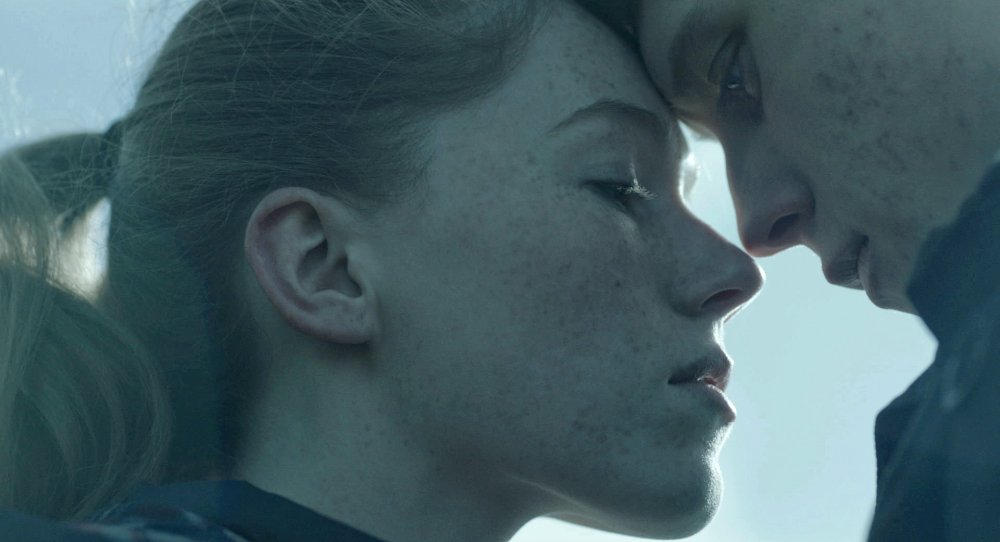
Bypass (2014)
The remarkable strength, depth and variety of the current British film industry is well represented across the BFI London Film Festival. Witness this in 2014’s galas and competitions: Mike Leigh’s sublime Mr. Turner as the Festival Gala; the world premiere of Testament of Youth as the Centrepiece Gala; eight British features across our competitive sections. Our strands also yield great riches from British talents, many of whose work the BFI has long proudly championed. There is a real pleasure in these continued relationships, with the newer filmmakers in particular marking their great development as artists from film to film (as is the case with Carol Morley with The Falling and Peter Strickland with The Duke of Burgundy, both competing for Best Film).
In the first of two pieces profiling British work in the Festival, we turn the spotlight onto our strands to highlight striking new films by returning British filmmakers.
The Face of an Angel
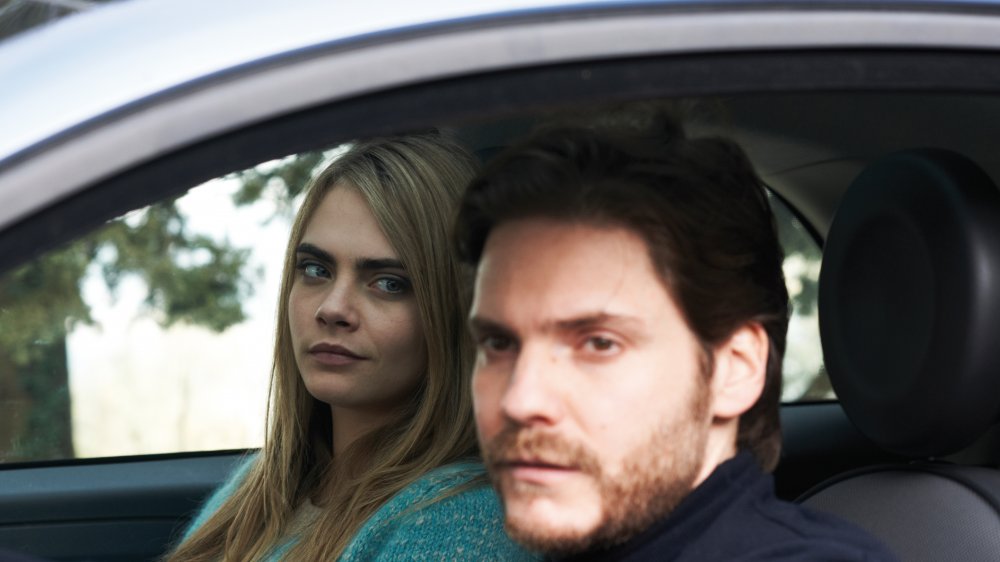
The Face of an Angel (2014)
With more than 20 feature credits to his name, Michael Winterbottom has created a body of work of astonishing range and variety, from the gleefully playful comedy A Cock and Bull Story (which played at the LFF in 2005) to his haunting 1996 Thomas Hardy adaptation Jude; from the urgent Bosnian war drama Welcome to Sarajevo (1997) to the joyous Tony Wilson biopic 24 Hour Party People (2001).
The Face of an Angel confirms Winterbottom’s reputation for defying expectation. It’s a drama inspired by the trial of Amanda Knox, which eschews sensationalism to ask probing questions about tabloid ethics and deliver a moving portrait of the legacy of the violent loss of a loved one. “Whenever you make a film based on a true story, and I have made a lot of those,” Winterbottom told the Independent when the project was announced, “you have to deal with it as honestly, accurately and sensitively as you can.”
Bypass
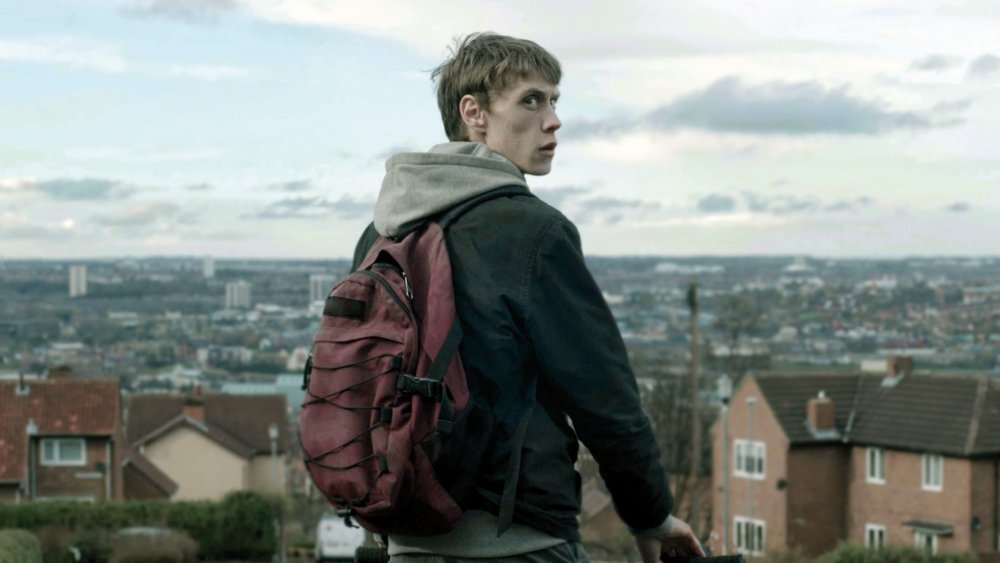
Bypass (2014)
Duane Hopkins’ Better Things screened in 2008 in the 52nd BFI London Film Festival, garnering great acclaim (“a dark and painful film, but one with a fervent belief in the possibility of love”, wrote the Guardian). Hopkins returns six years later with Bypass. Like its predecessor, this is a fractured, bleakly poetic examination of life outside of the margins in the UK.
Filmmaker, photographer and moving image artist, Hopkins’ process is deliberate and sculptural. After a long period of research, he shoots many hours of footage, then shapes the work in an extended edit. Research for Bypass began in 2009 with over 50 hours of interviews, concentrating on the social and criminal histories of his subjects. That Bypass is concerned with the lives of the modern poor British youth situates this within a social realist tradition; but this isn’t realist cinema. The narrative strays in and out of a dream state, deliberately dislocating and impressionistic. Speaking to Film4 previously about his directorial impulses, Hopkins says: “I like the sort of film that, when you come out of it, you’re not quite sure: there’s some rearrangement of feelings and opinions and you need some time to think about that, and to think about how you fit in with the film.”
Queen and Country
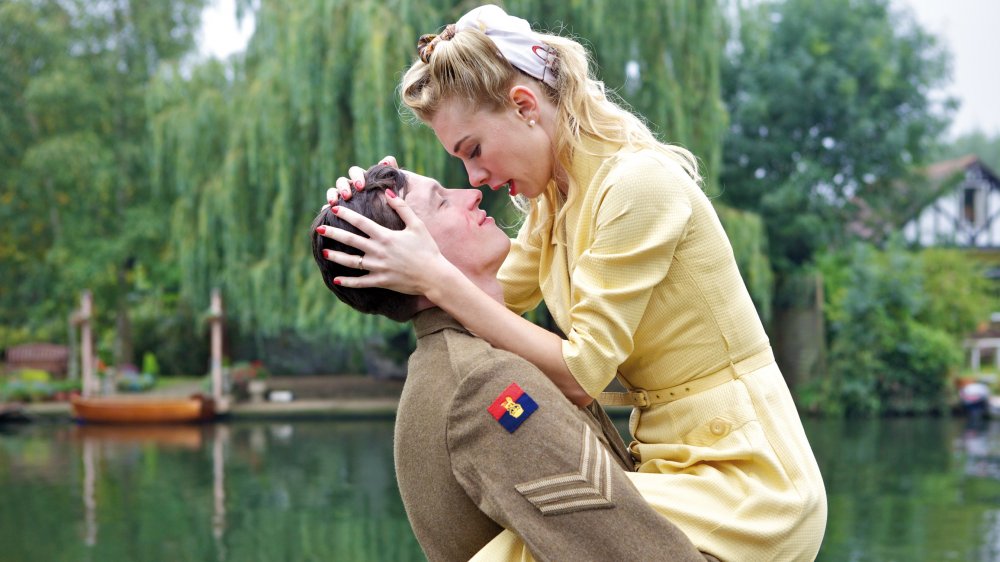
Queen and Country (2014)
The 2013 recipient of the prestigious BFI Fellowship, John Boorman is one of Britain’s finest filmmakers. Over the course of a career that spans five decades, he has managed the rare achievement of creating work that combines impressive scale and ambition (mostly working with big studios) with an intensely personal vision. In April 2013, the BFI Southbank paid tribute to this remarkable body of work with a major retrospective, including his 1967 breakthrough, hardboiled classic Point Blank, the electrifying thriller Deliverance (1972), the epic Excalibur (1981) and the sparkling 1998 comedy The General (the latter two filmed in his adopted home of Ireland).
A big-hearted and poignant depiction of his own national service, the deeply felt, semi-autobiographical Queen and Country follows Hope and Glory (1987), his much-loved account of a his wartime childhood in London. “It was a pleasure to reproduce all the detail of the period whether it be the language, the mannerisms, the clothes, the furniture,” Boorman says of making Queen and Country. “The act of writing the script released many memories that had been lying dormant.”
War Book
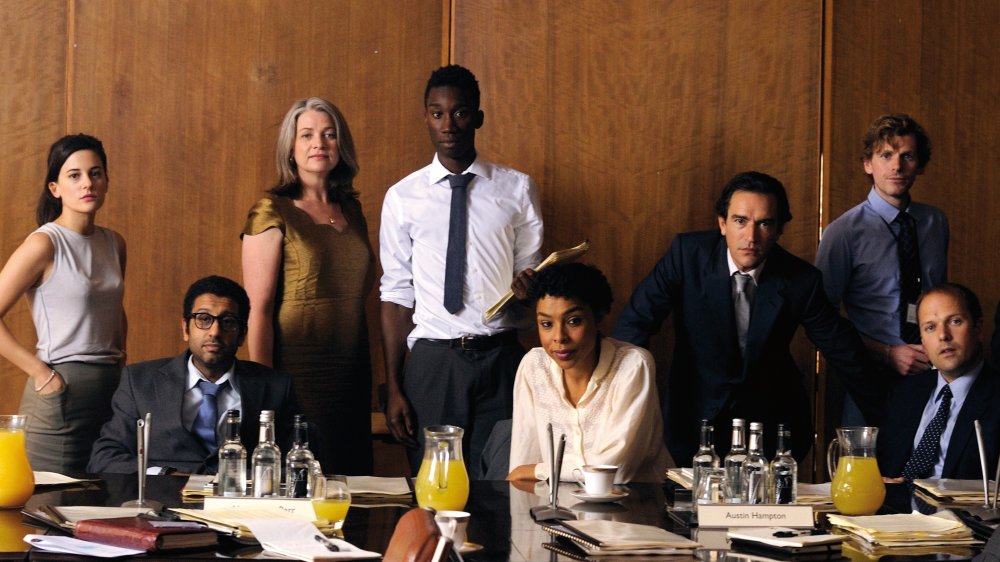
War Book (2014)
Screenwriter Jack Thorne and director Tom Harper return to the LFF after premiering their debut feature, The Scouting Book for Boys, at the Festival in 2009. Their follow-up, War Book, is smartly ambitious and delivered on a minuscule budget by three principals in their early 30s but with impressive experience already between them: Thorne, one of the UK’s ascendant screenwriters, established in TV with This Is England, Skins, and his newest C4 series, Glue; Harper who is currently directing his third feature, The Woman in Black: Angel of Death, and who comes with considerable TV experience, including Peaky Blinders, Misfits and The Borrowers; and also producer Lauren Dark, fast emerging through distinguishing work on short films and at Sixteen Films working with Rebecca O’Brien.
In War Book, they have created a post-nuclear-era political thriller, set almost entirely in one room. An exercise in punchy, intelligent writing, the story unfolds through dialogue fired at rapid pace and with plot and characterisation revealed largely through verbal exchange. It’s a risky strategy in an age when filmmakers are told to ‘show, not tell’, but it pays off, with the exceptional cast (including Sophie Okonedo, Ben Chaplin and Anthony Sher, Shaun Evans, Kerry Fox and Nathan Stewart-Jarrett) helping to deliver a chilling examination of bleak pragmatism at the heart of British politics.
6 Desires: DH Lawrence and Sardinia
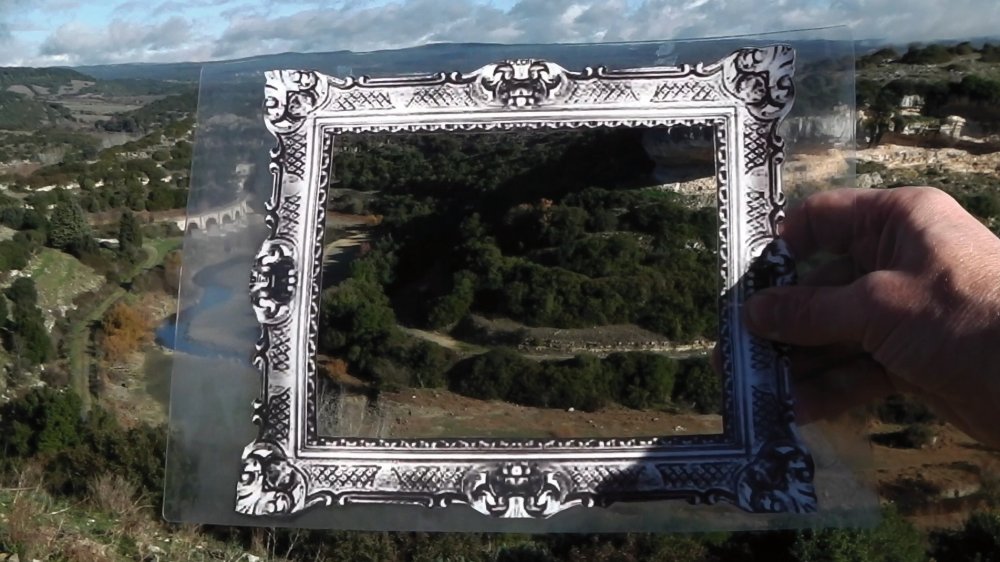
6 Desires: DH Lawrence and Sardinia (2014)
Nominated for last year’s Sutherland Award for Here Be Dragons, his imaginative record of a visit to Albania, filmmaker Mark Cousins returns to the festival with 6 Desires: DH Lawrence and Sardinia. Following in the footsteps of a journey the English author made to the island in 1921, it’s an absorbing and typically personal reflection on, among other things, a formative year in modernism, creativity and politics.
Wearing its erudition with a beguiling lightness, the film confirms Cousins as Britain’s foremost exponent of the essay film, a form he explored to dizzying effect in his groundbreaking 15-hour 2011 film The Story of Film: An Odyssey (to which his magical 2013 A Story of Children and Film was a poetic companion piece). In a memorable 16-point manifesto that Cousins wrote in 2013, he noted: “An essay film takes an idea out for a walk.” It’s a concept that 6 Desires boldly embodies.



